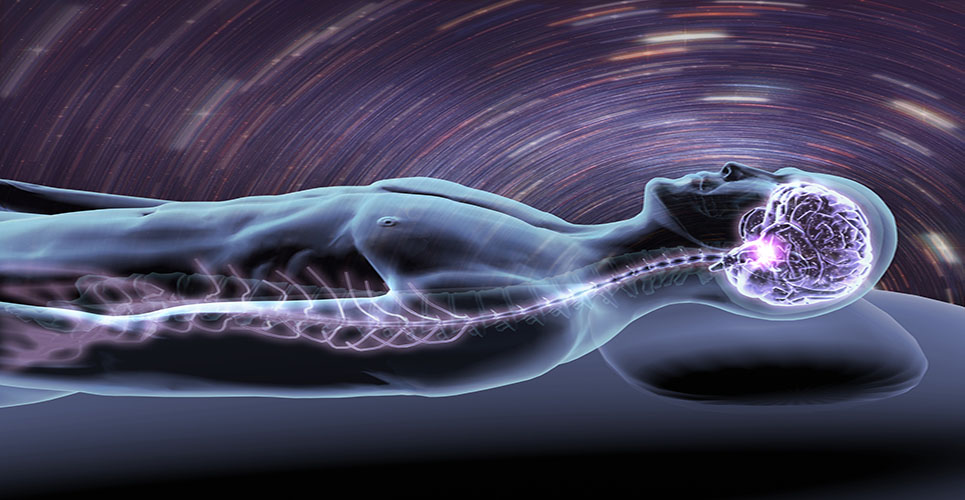Princeton University has announced that a vaccination program with Novartis meningococcal serogroup B (MenB) vaccine, Bexsero® (Meningococcal Group B Vaccine [rDNA, component, adsorbed]), has begun following a campus outbreak that has affected at least eight students. Currently authorised for use in Europe, Australia and Canada, the US Food and Drug Administration (FDA) approved a treatment Investigational New Drug (IND) application filed by the US Centers for Disease Control and Prevention (CDC) for the use of Bexsero on the Princeton campus to help prevent further spread of this serious and unpredictable disease.[1–5] Bexsero is the first and only broad coverage vaccine to help protect against MenB.
Rare but devastating, MenB is a bacterial infection that progresses rapidly and can lead to death or permanent disability within 24 hours of symptom onset.[6,7] Because initial symptoms are often unspecific and flu-like, it can be difficult for even a healthcare professional to diagnose the disease in its early stages. About one in 10 of those with the disease will die despite treatment; and of those who do survive, one in five will suffer from devastating, life-long disabilities such as brain damage, hearing loss, or limb loss.[7]
“Over the last few weeks, we have been working closely with officials at Princeton and the CDC to put in place a timely and decisive response to the outbreak. This situation serves as a reminder that MenB can strike anyone at any time,” said Andrin Oswald, Division Head, Novartis Vaccines. “Novartis is committed to continuing the dialogue with the FDA to find a licensure pathway to bring a MenB vaccine to the US to fulfil this unmet public health need for the future.”
The vaccinations with Bexsero began on December 9, 2013. Under the CDC guidelines, the vaccine is recommended for all Princeton University undergraduate students (those who live in dormitories or off-campus) as well as graduate students who live in dormitories.[1,2] Princeton officials and local health authorities will continue to monitor the disease.
Novartis has completed Phase I and Phase II studies for Bexsero in the US. The Company has also submitted data involving almost 8,000 infants, children, adolescents and adults, which supported the licensure in Europe, to the FDA for consideration.[1] In addition, Novartis continues to work with the FDA to advance a single vaccine for the protection against five of most common serogroups that cause meningococcal disease (A, B, C, Y and W).
References
- Centers for Disease Control and Prevention. Serogroup B Meningococcal Vaccine Questions and Answers. Available at: http://www.cdc.gov/meningococcal/vaccine-serogroupB.html. Accessed November 2013.
- Princeton University. Meningitis Information. Available at: http://web.princeton.edu/sites/emergency/meningitis.html#FAQ. Accessed November 2013.
- EMA. Authorization Details for Bexsero. Available at: http://www.ema.europa.eu/ema/index.jsp?curl=pages/medicines/human/medicines/002333/human_med_001614.jsp&mid=WC0b01ac058001d124. Accessed November 2013.
- EMA. EU Member States. Available at: http://www.ema.europa.eu/ema/index.jsp?curl=pages/partners_and_networks/general/general_content_000219.jsp&mid=WC0b01ac058003174e. Accessed November 2013.
- Australian Register of Therapeutic Goods. Bexsero Public Summary. Available at: https://www.ebs.tga.gov.au/servlet/xmlmillr6?dbid=ebs/PublicHTML/pdfStore.nsf&docid=23D464570B085A6CCA257C21003CAB43&agid=(PrintDetailsPublic)&actionid=1. Accessed November 2013.
- Mayo Foundation for Medical Education and Research. Meningitis. April 2011. Available at: http://www.mayoclinic.com/health/meningitis/DS00118/DSECTION=symptoms. Accessed November 2013.
- World Health Organization. Meningococcal meningitis. Fact sheet #141. November 2012. Available at: http://www.who.int/mediacentre/factsheets/fs141/en/. Accessed November 2013.

